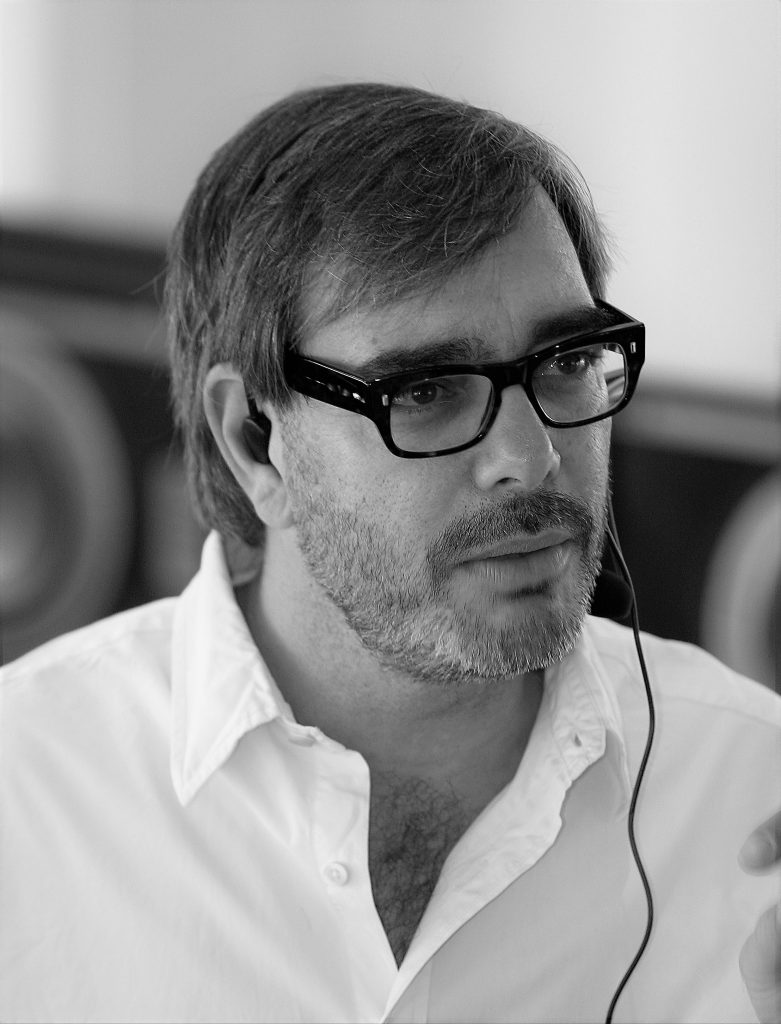Jerzy Elżanowski
Jerzy Elżanowski is Assistant Professor in Indigenous and Canadian Studies (Heritage Conservation) at Carleton University, jointly appointed to the Institute for Comparative Studies in Literature, Art and Culture. His current research projects focus on
- the history and historiography of urban war damage, including archival bomb damage maps and destruction surveys;
- difficult monuments in Canada’s National Capital Region in the context of transnational commemorative practices;
- multi-vocal consultation methodologies for engaging communities in design for public installations.
He holds a professional Master’s degree in Architecture from McGill University, and a joint PhD in Heritage Conservation, Architectural History, and Interdisciplinary Studies from the Bauhaus University Weimar and the University of British Columbia. He has taught and practiced in the fields of architecture and heritage conservation across Canada, Germany, and Poland.
Jerzy Elżanowski was our Mercator-Fellow at the Research Training Group from June to December 2018. He worked intensively with our PhD students in Berlin and Weimar on subjects such as memory and identity politics and served as a respondent to them in our colloquia. He organized (together with Emily Putnam) our study trip to Canada including visits to Montreal, Ottawa and Toronto.
In our “Identity and Heritage” Lecture Series he held two lectures – one in Berlin and one in Weimar (together with Carmen Enss). You can listen to the lectures in our Podcast Section.
More information on Jerzy Elżanowski you will find here.
